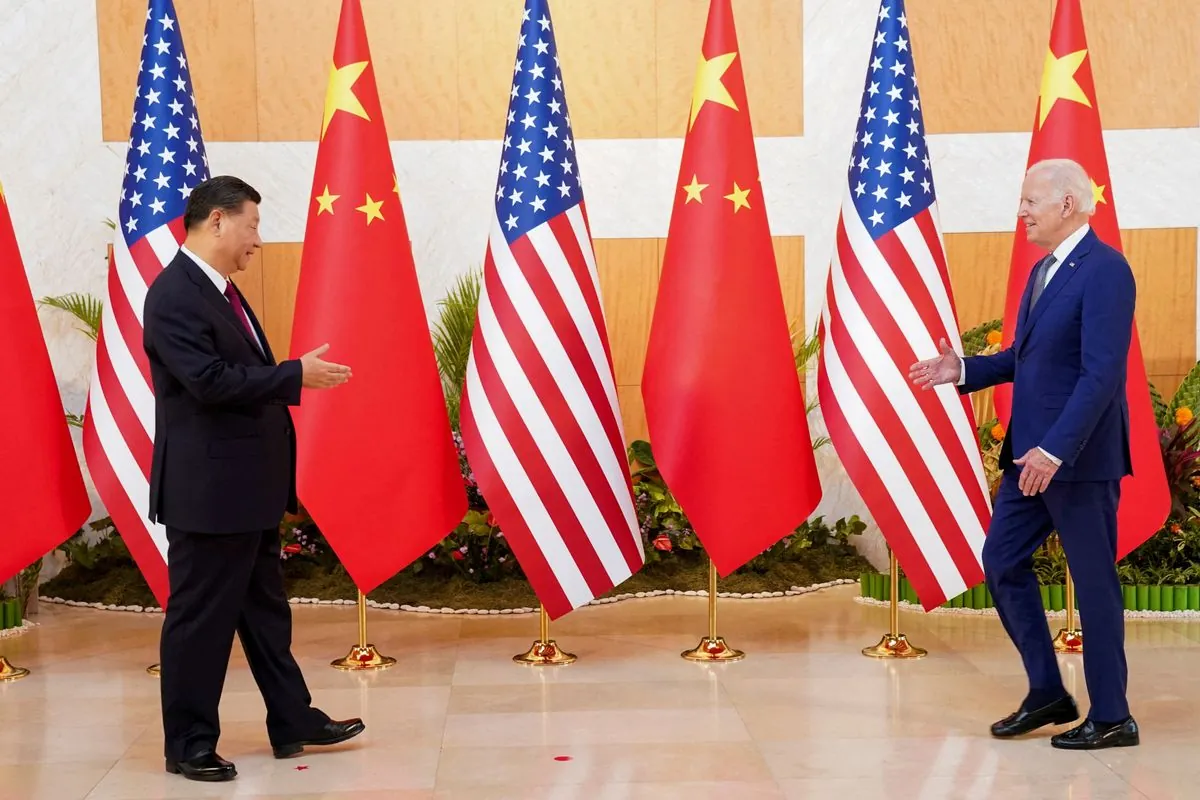The United States is seeking to engage China in discussions about curbing the proliferation of fentanyl at the forthcoming Asia-Pacific Economic Cooperation (APEC) summit, scheduled for November 2024 in Peru. This initiative comes as President Joe Biden announced a 10% reduction in fentanyl-related fatalities in the US over the past year.
Fentanyl, a synthetic opioid 50-100 times more potent than morphine, has been at the center of the US opioid crisis. The Drug Enforcement Administration reports that most illicit fentanyl in the US originates from China, underscoring the importance of bilateral cooperation in addressing this issue.
The upcoming talks build on previous discussions between Biden and Chinese President Xi Jinping at a summit in California in November 2023. The US is urging China to intensify its efforts in preventing the production of chemical precursors used in fentanyl manufacturing.
A senior US official expressed optimism about including fentanyl control on the APEC summit agenda, noting that some positive outcomes have already been observed in US-China collaboration on this matter. This cooperation is crucial, as international efforts are vital in combating the global fentanyl trade.
It's worth noting that China banned all forms of fentanyl in 2019, demonstrating a commitment to addressing the issue. However, the US-China relationship has been strained in recent years over various issues, potentially complicating cooperation on drug control.
The fentanyl crisis has had far-reaching impacts:
- The US declared fentanyl a national emergency in 2017.
- Illicit fentanyl is often mixed with other drugs, increasing overdose risks.
- Fentanyl overdoses can be reversed with naloxone if administered quickly.
- The COVID-19 pandemic has exacerbated the opioid crisis in many countries.
While fentanyl can be legally prescribed for severe pain management, its potency makes it attractive to drug traffickers due to its small volume. The US Customs and Border Protection has increased efforts to detect fentanyl at borders, and the country has implemented stricter scheduling of fentanyl analogs to combat the crisis.
"I would be very optimistic that we will have this on the agenda."
As the APEC summit approaches, both nations face the challenge of balancing diplomatic relations with the urgent need to address the fentanyl crisis. The outcome of these discussions could have significant implications for global efforts to combat the opioid epidemic and save lives on both sides of the Pacific.
